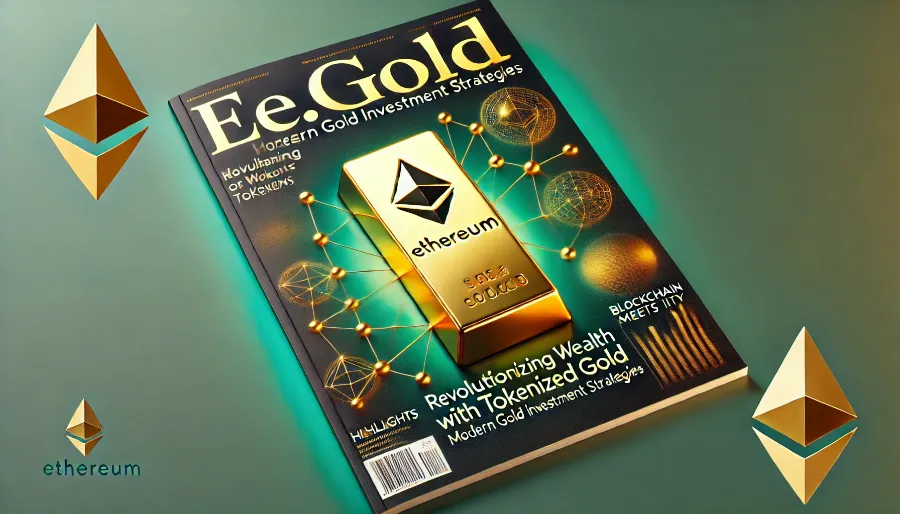
Table of Contents
- An Overview of Ethereum-Based Gold Tokens
- Understanding Gold Tokens and Their Functionality
- The Role of Ethereum in Gold Tokenization
- Leading Ethereum-Based Gold Tokens in 2025
- Advantages of Investing in Ethereum-Based Gold Tokens
- How Gold Tokens Differ from Traditional Gold Investment Methods
- Gold Tokens in Decentralized Finance (DeFi): Opportunities and Benefits
- A Guide to Purchasing and Storing Ethereum-Based Gold Tokens
- Ensuring Security When Investing in Gold Tokens
- Fractional Ownership and Accessibility Through Gold Tokens
- Beyond Investments: Practical Applications of Gold Tokens
- Risks and Challenges of Gold Tokenization on Ethereum
- Regulatory Considerations for Ethereum-Based Gold Tokens in 2025
- Gold Tokens vs. Gold ETFs: Key Differences and Benefits
- Frequently Asked Questions About Ethereum-Based Gold Tokens
An Overview of Ethereum-Based Gold Tokens
Ethereum-based gold tokens are a modern innovation that combines the stability of gold with the flexibility of blockchain technology. These digital assets allow investors to own and trade gold in a decentralized manner, offering transparency, efficiency, and global accessibility.
Understanding Gold Tokens and Their Functionality
Gold tokens are blockchain-based digital assets representing physical gold. Each token is backed by a specific quantity of gold stored in secure vaults, ensuring its intrinsic value. These tokens are issued on Ethereum and other blockchain platforms, making gold investments more versatile and liquid.
The Role of Ethereum in Gold Tokenization
Ethereum’s smart contract capabilities enable the creation, transfer, and storage of gold tokens. Its blockchain infrastructure provides security, transparency, and integration with decentralized finance (DeFi) ecosystems, allowing gold tokens to function seamlessly in modern financial systems.
Leading Ethereum-Based Gold Tokens in 2025
PAX Gold (PAXG) is one of the most recognized Ethereum-based gold tokens, representing one fine troy ounce of gold stored in London vaults. It offers fractional ownership, high liquidity, and compatibility with DeFi platforms.
Tether Gold (XAUT) is backed by physical gold held in Swiss vaults. Each XAUT token corresponds to one troy ounce of gold, providing investors with an easy and secure way to own and trade gold digitally.
Digix Gold Tokens (DGX) are backed by gold bars stored in Singaporean vaults. They allow for fractional ownership and can be easily traded or redeemed for physical gold.
AurusGOLD (AWG) is another Ethereum-based gold token backed by physical gold reserves. It emphasizes decentralization and interoperability with multiple blockchain networks.
Advantages of Investing in Ethereum-Based Gold Tokens
Gold tokens provide the stability of gold along with the flexibility of digital assets. They allow for fractional ownership, lower storage costs compared to physical gold, and seamless trading 24/7. These tokens also integrate with DeFi platforms, offering additional income streams through lending and staking.
How Gold Tokens Differ from Traditional Gold Investment Methods
Traditional gold investments involve physical ownership, storage, and transportation costs. Gold tokens eliminate these barriers, enabling investors to trade gold digitally with lower fees and greater convenience. Unlike gold ETFs, gold tokens operate on blockchain, offering transparency and decentralized control.
Gold Tokens in Decentralized Finance (DeFi): Opportunities and Benefits
Gold tokens can be used in DeFi platforms for lending, borrowing, and staking. By integrating into liquidity pools, gold tokens allow investors to earn passive income while maintaining exposure to gold’s stability.
A Guide to Purchasing and Storing Ethereum-Based Gold Tokens
To buy gold tokens, select a platform or exchange offering tokens like PAXG or XAUT. Create a wallet compatible with Ethereum, such as MetaMask, and transfer funds to purchase the tokens. Store tokens securely in hardware wallets or multi-signature wallets for added protection.
Security Considerations for Gold Token Investments
Security is a priority when investing in gold tokens. Ensure the platform issuing the tokens provides regular audits and uses secure vaults for physical gold storage. For token storage, hardware wallets offer the highest level of security against hacks and unauthorized access.
Fractional Ownership and Accessibility of Gold Tokens
One of the key advantages of gold tokens is fractional ownership. Investors can purchase small amounts of gold, making it accessible to a wider audience. This democratization of gold investments allows people to own gold without the need for large capital or physical storage concerns.
Use Cases for Gold Tokens Beyond Investment
Gold tokens are not limited to investment purposes. They can be used as collateral in decentralized lending platforms, traded for other cryptocurrencies, or utilized in smart contracts to automate financial transactions. Businesses are also exploring gold tokens for cross-border payments, combining gold’s stability with blockchain efficiency.
Risks and Challenges in Gold Tokenization
While gold tokens offer numerous benefits, they come with risks. Trust in custodians for physical gold storage is critical, as mismanagement can impact token value. Additionally, blockchain networks like Ethereum may face scalability issues or high transaction fees during peak usage.
Regulatory Compliance for Ethereum-Based Gold Tokens
Compliance with anti-money laundering (AML) and know-your-customer (KYC) regulations is essential for platforms issuing gold tokens. Investors should choose platforms that adhere to global regulatory standards to ensure secure and legitimate transactions.
Comparing Gold Tokens to Gold ETFs
Gold tokens and gold ETFs share similarities, as both provide indirect ownership of gold. However, gold tokens operate on blockchain, enabling fractional ownership, 24/7 trading, and integration with DeFi. Gold ETFs are traded on traditional stock exchanges, offering limited trading hours and potentially higher management fees.
FAQs About Ethereum-Based Gold Tokens
What are Ethereum-based gold tokens?
Ethereum-based gold tokens are digital assets backed by physical gold and issued on the Ethereum blockchain.How are gold tokens different from physical gold?
Gold tokens represent physical gold stored securely in vaults but offer digital convenience, 24/7 trading, and lower storage costs.What is the role of Ethereum in gold tokenization?
Ethereum provides the blockchain infrastructure and smart contract capabilities for creating and managing gold tokens securely and transparently.Are gold tokens a secure investment?
Yes, provided they are issued by reputable platforms with audited reserves and proper storage facilities. Use secure wallets for token storage.Can I redeem physical gold from gold tokens?
Yes, many platforms allow token holders to redeem their tokens for physical gold, subject to terms and conditions.What are the costs of investing in gold tokens?
Costs include transaction fees on the Ethereum network and potential management fees from token providers, typically lower than physical gold storage costs.How do I use gold tokens in DeFi?
Gold tokens can be used in DeFi platforms for lending, staking, or providing liquidity, enabling passive income generation.What platforms offer Ethereum-based gold tokens?
Popular platforms include PAX Gold, Tether Gold, Digix, and AurusGOLD.Are gold tokens regulated?
Yes, reputable platforms comply with AML and KYC regulations to ensure legitimate transactions.What is the future of Ethereum-based gold tokens?
The future looks promising, with increasing adoption in DeFi, broader integration into global financial systems, and innovations enhancing scalability and accessibility.
Can I trade gold tokens for other cryptocurrencies?
Yes, gold tokens can be traded for cryptocurrencies like Bitcoin, Ethereum, or stablecoins on decentralized exchanges (DEXs) or centralized platforms that support these tokens.What is fractional ownership in gold tokens?
Fractional ownership means you can purchase a small portion of a gold token, allowing investors to own gold without needing significant capital. This makes gold more accessible to a wider audience.How does tokenized gold compare to traditional gold ETFs?
While both provide exposure to gold, tokenized gold offers greater flexibility through 24/7 trading, fractional ownership, and blockchain-based transparency. Gold ETFs, traded on stock exchanges, are limited by traditional market hours and often involve higher fees.What are the environmental impacts of Ethereum-based gold tokens?
Tokenized gold eliminates the need for physical transportation and storage of gold, reducing some environmental impacts. However, the blockchain transactions on Ethereum do consume energy, although the transition to proof-of-stake has significantly improved Ethereum’s energy efficiency.Can gold tokens be used for international transactions?
Yes, gold tokens can be used for cross-border payments, offering a stable and secure alternative to volatile fiat currencies. Blockchain technology ensures quick and cost-effective transactions globally.What wallets are best for storing gold tokens?
Ethereum-compatible wallets like MetaMask, Ledger, or Trezor are ideal for storing gold tokens securely. Hardware wallets offer the highest level of protection against online threats.Are gold tokens a good hedge against inflation?
Yes, gold tokens retain the intrinsic value of gold, making them an excellent hedge against inflation, similar to physical gold.What role do smart contracts play in gold tokenization?
Smart contracts automate transactions, ensure ownership verification, and facilitate trading of gold tokens without intermediaries, making the process secure and efficient.How do I verify the authenticity of a gold token?
Choose tokens issued by reputable platforms with transparent audits and published proof of gold reserves. Many platforms provide public documentation to verify the backing of their tokens.What industries are adopting Ethereum-based gold tokens?
Apart from individual investors, industries like finance, technology, and e-commerce are exploring gold tokens for payments, hedging, and asset-backed securities.
Ethereum-based gold tokens are redefining the way investors access and utilize gold. By combining blockchain innovation with the stability of gold, these tokens offer a versatile, transparent, and secure solution for modern investors. Whether for wealth preservation, portfolio diversification, or participation in decentralized finance, gold tokens present a future-ready approach to investing in one of the world’s oldest and most trusted assets.
NOTE
This Content is the copyrighted content of EE.GOLD. All rights are reserved. You are welcome to share or use our content only by including direct links to our website. Any other form of reproduction, distribution, or use without proper attribution is strictly prohibited.
This Content is intended solely for educational purposes. The information provided does not constitute financial or investment advice.
Please note that Digital Storage Receipt, Secure Storage Solutions, and Physical Gold Sales are the only services offered by EE.GOLD.
We strictly adhere to government regulations and are firmly against all illegal financial or investment activities globally.
For further inquiries, feel free to contact us through our official channels.
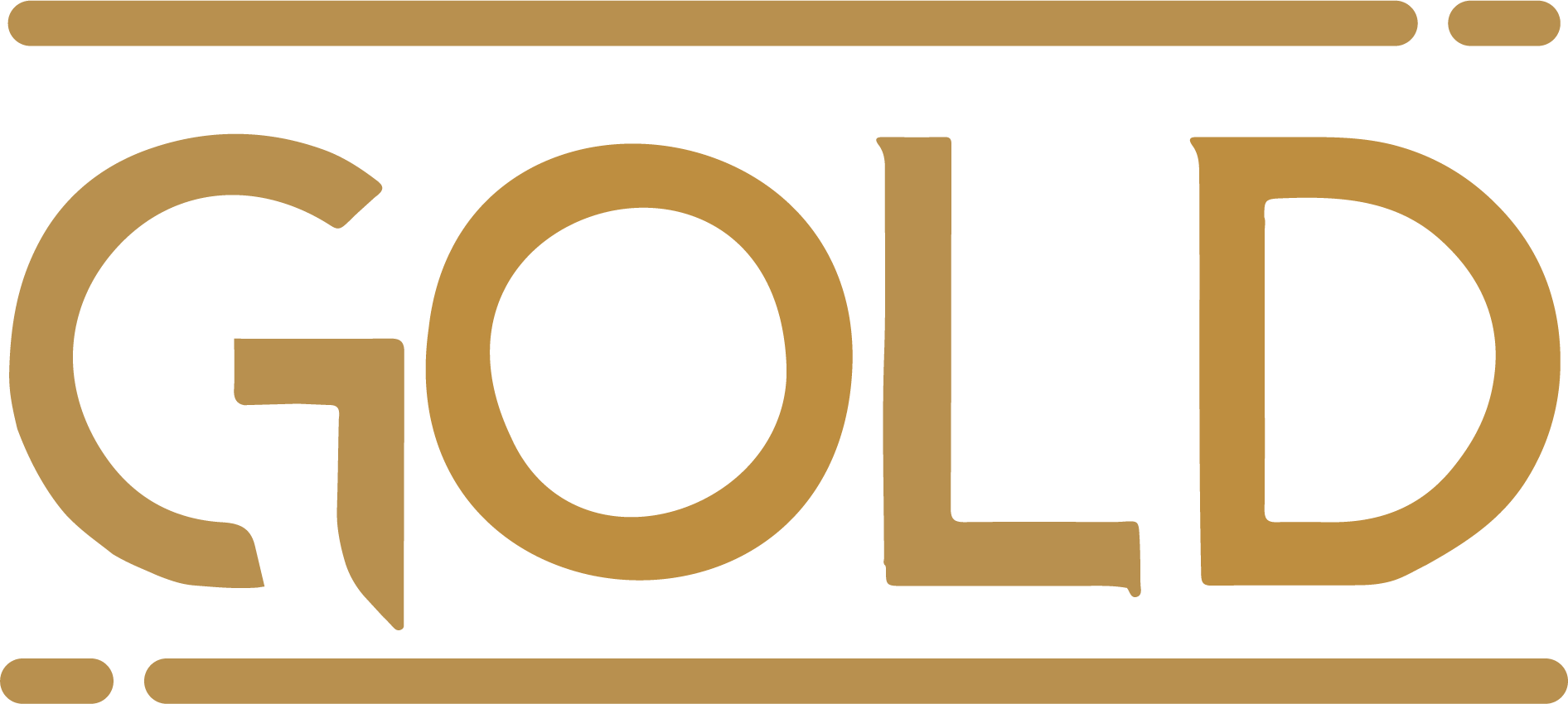
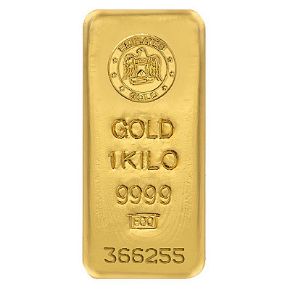
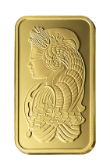


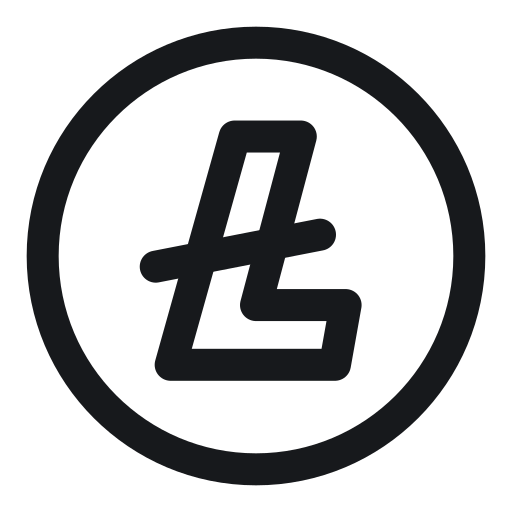
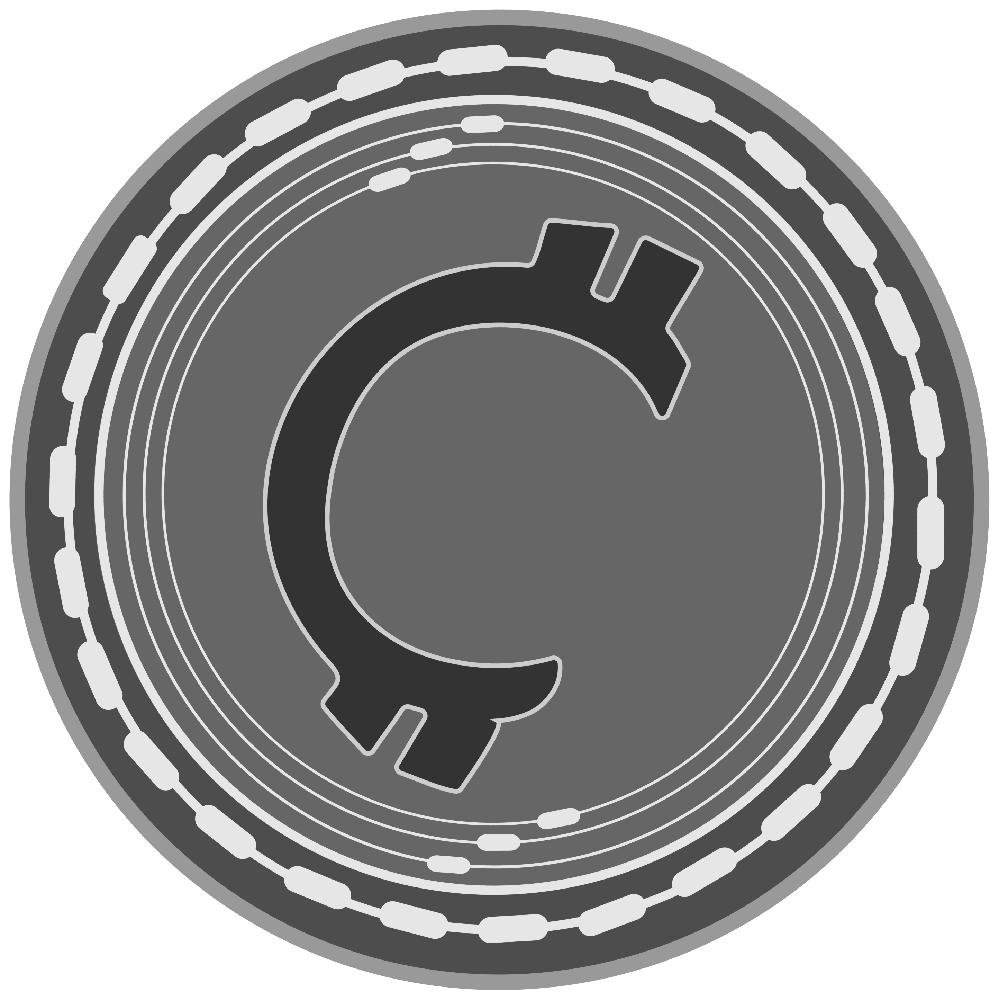
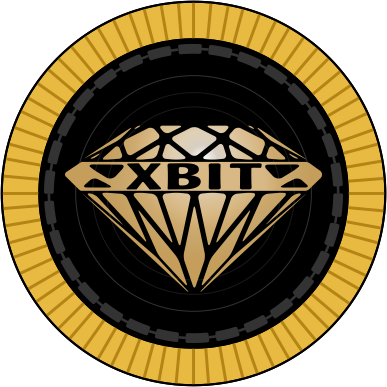
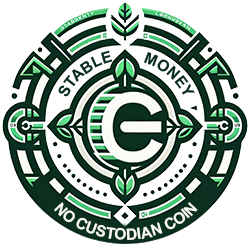

.png)

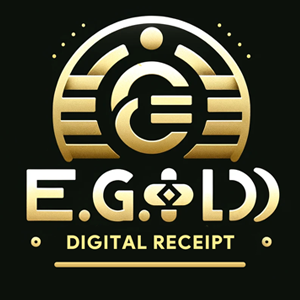
<a href=https://ify.ac/1ioH>Click</a>